Analyses
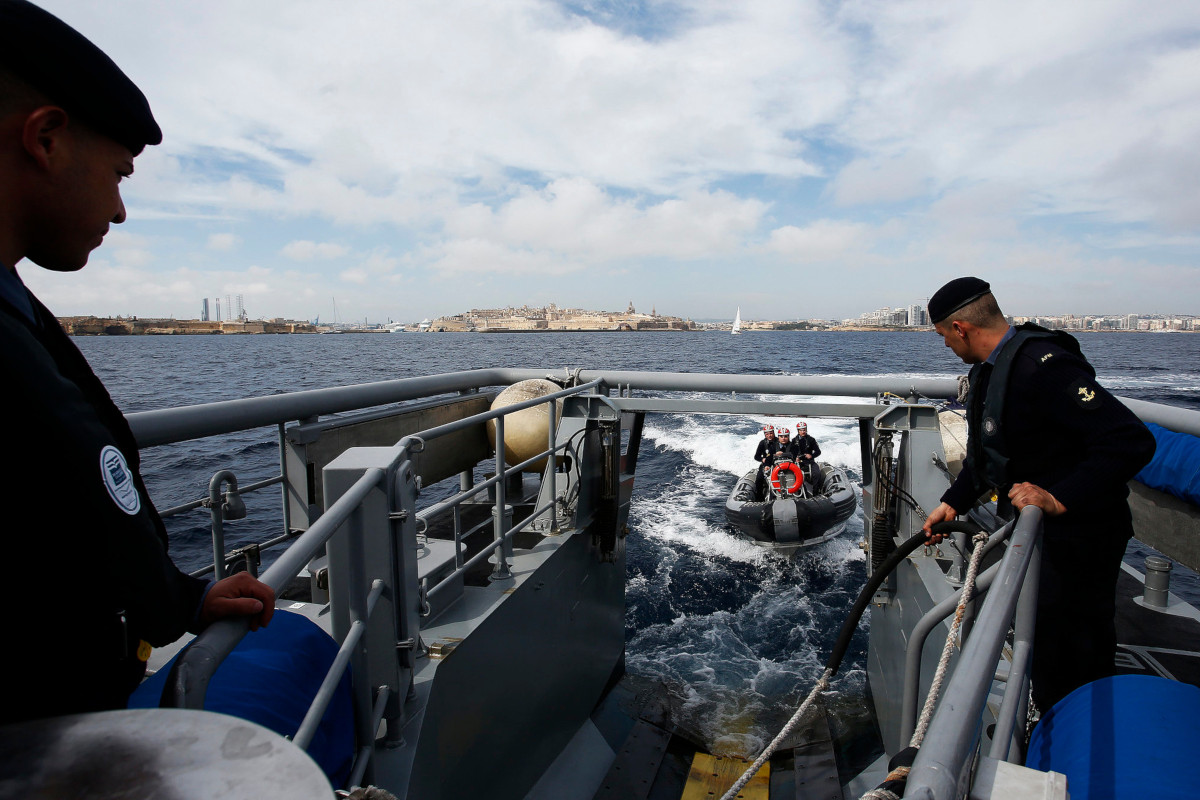
To SAR or not to SAR, part 1: Why is Frontex expected to save lives at sea?
The first in a four-part series looking into the activities and operations of EU border agency Frontex, examining the evolution of the agency’s search and rescue obligations since it was founded in 2004. Many organisations have warned that “protecting borders” may conflict with “protecting lives” and experience suggests that, what are presented as two distinct objectives are, more often than not, part of conflicting policy agendas. The controversial and deadly practices that have been brought into the spotlight by the Aegean allegations are ultimately the result of political decisions that highlight the dubious priorities of the EU, its member states and its agents – Frontex included.
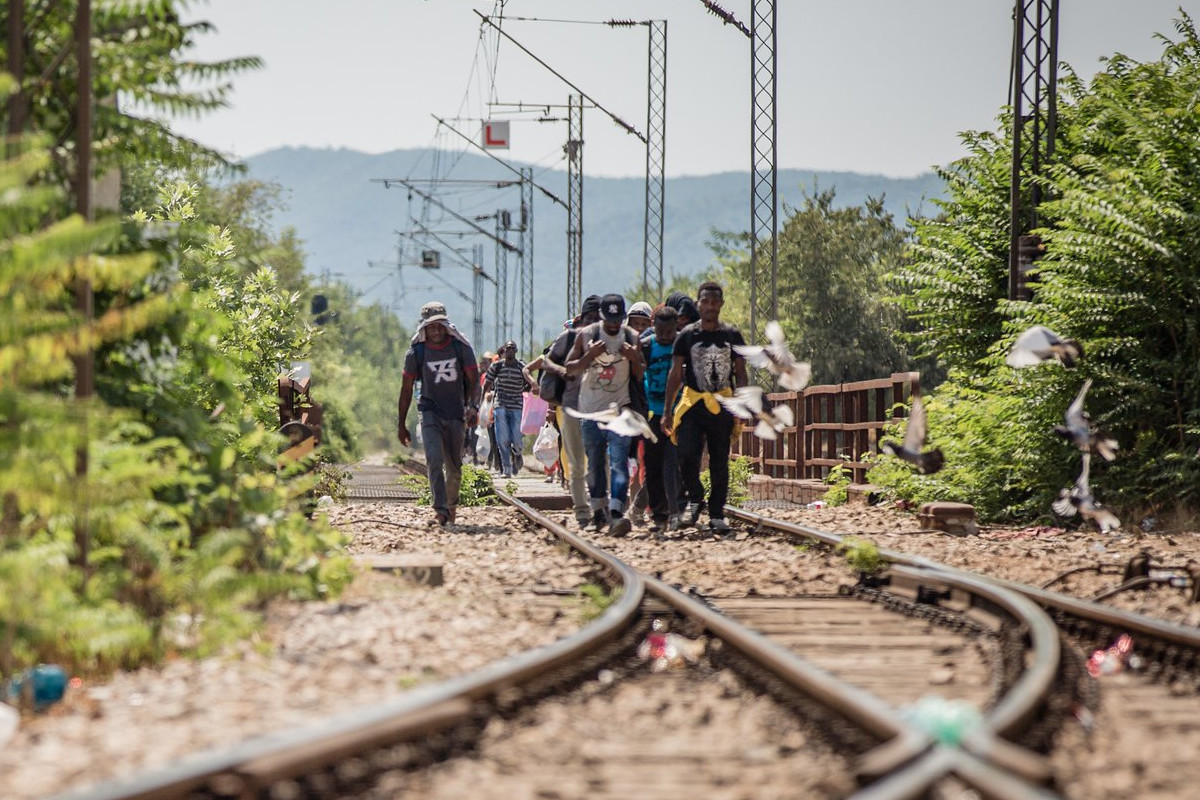
Foreign agents and violence against migrants at the Greek-Macedonian border
An increasing number of reports of violent pushbacks at the Greek-Macedonian border have been collected by volunteers in recent years. Some reports allege the presence of Frontex, but bilateral policing deals in place may also explain the presence of foreign officers in Macedonia. The violence underpins a long-standing plan to close the ‘Balkan Route’ and keep people out of ‘core’ EU territory. Whoever is behind the violence, there is no shortage of border guards to mete it out – but justice is in short supply.
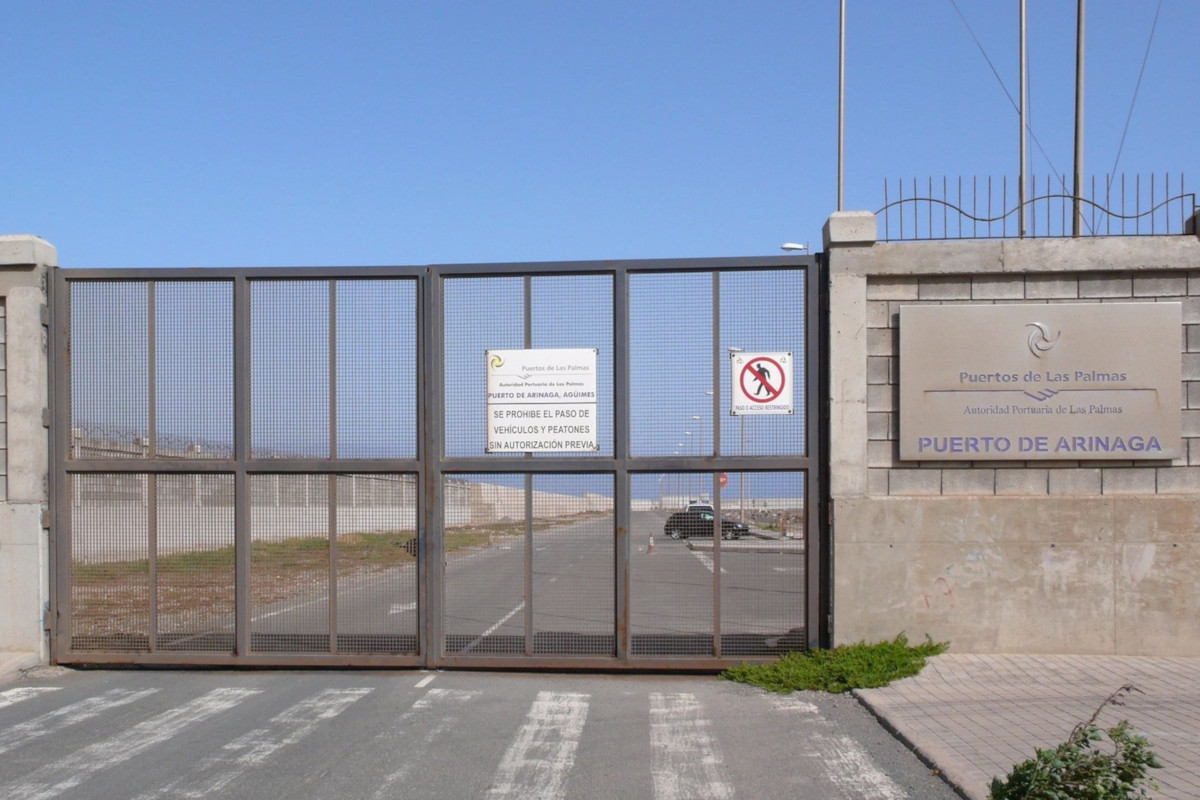
The Canary cage: the making of deportation islands on Spain’s Atlantic border
In line with concerning recent EU border control proposals, a deliberate policy of inhumane detention, illegal mobility restrictions and an overreliance on deportation ‘solutions’ is converting the Canary Islands into makeshift deportation waiting rooms and a black hole for human rights.

Blackmail in the Balkans: how the EU is externalising its asylum policies
The development of a system for collecting data on people on the move in the Balkans highlights the overall orientation of the EU's migration policies: outsourcing migration management at all costs, to the detriment of provisions for reception. In order to keep those considered as "undesirable" at a distance, would the European Union go so far as to extend beyond its borders the ‘Dublin’ mechanism for allocating state responsibility for asylum claims, at the risk of further aggravating the rights violations along the Balkan route?

The revised Blue Card Directive: the EU's search for more highly skilled non-EU migrants
The EU institutions have approved a revised 'Blue Card Directive', which sets out rules on the migration of highly-skilled non-EU migrants. Steve Peers, Professor of Law at the University of Essex, explains the new rules and their possible effects.

Border surveillance, drones and militarisation of the Mediterranean
The growing use of drones and other long-range, increasingly-automated forms of surveillance and data collection are part of the militarisation of Europe’s borders in the Mediterranean, which have led to thousands of unnecessary deaths and push- and pull-backs to Libya, where migrants and refugees face arbitrary detention, violence, mistreatment and torture. This article, by the journalist Antonio Mazzeo, chronicles investments into and tests and deployments of drone technology by EU and national agencies in the Mediterranean.
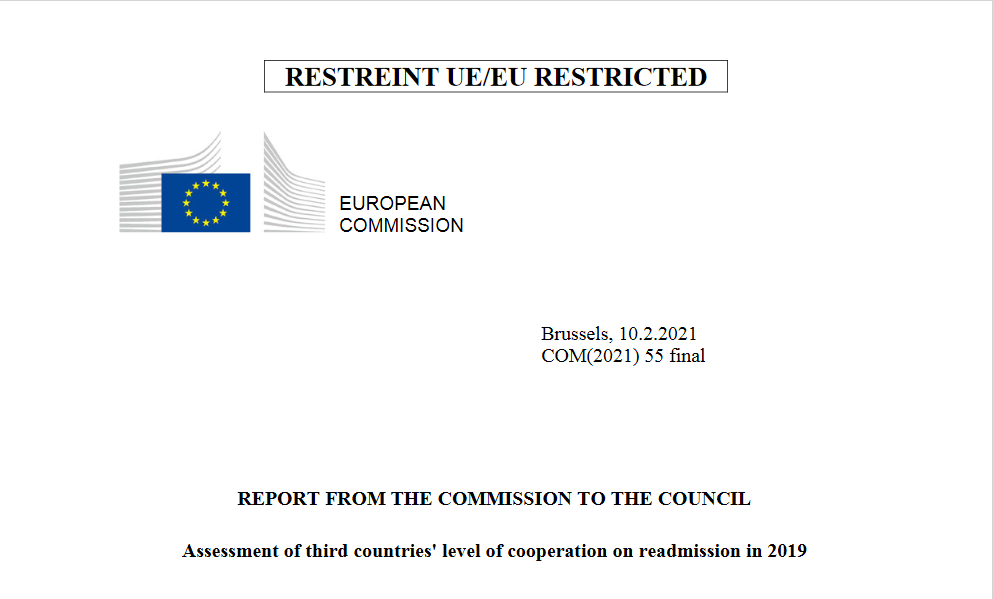
EU moves ahead with plans to use visa policy as "leverage" to increase deportations
Since 2020, the EU has been able to use its visa policy as “leverage to improve cooperation with third countries on return and readmission,” as part of the drive to increase deportations. Non-EU states can be threatened with visa restrictions for their nationals if they are not deemed to cooperate sufficiently with the readmission process. A recent European Commission document, published here, sets out the perceived level of cooperation by those non-EU states. The Council is now considering potential next steps to ensure compliance with EU migration policies.
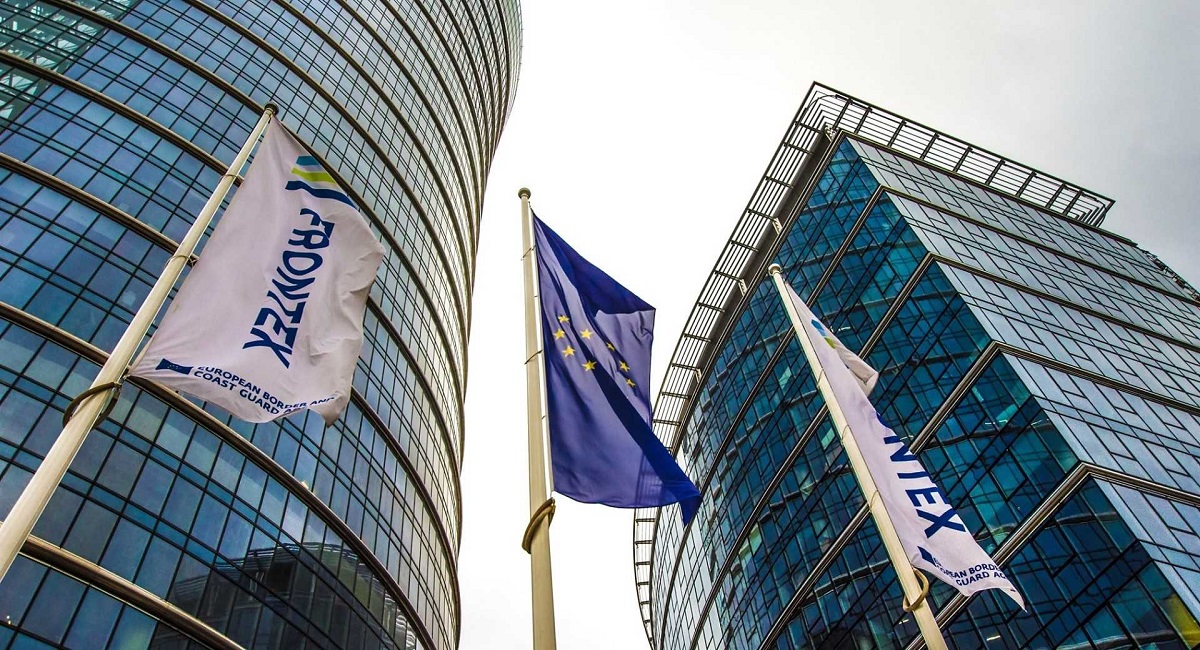
Frontex investigations: what changes in the EU border agency's accountability?
Frontex, the European Border and Coast Guard Agency, is currently under heavy scrutiny from multiple angles, including the European Parliament, the EU Ombudsman, and the European Anti-Fraud Office. At the same time, judicial action has been initiated vis-à-vis the agency.

Briefing: External action: Frontex operations outside the EU
The EU has negotiated five agreements with states in the Balkans that allow Frontex operations on their territories, and most of the agreements have now been approved by both sides. This briefing looks at the main provisions of those agreements, highlights key differences and similarities, and argues that they will likely serve as a template for future deals with states that do not border the EU, as made possible by the 2019 Regulation governing Frontex.

Pushback practices and their impact on the human rights of migrants
Submission by Statewatch to the UN Special Rapporteur on the human rights of migrants.
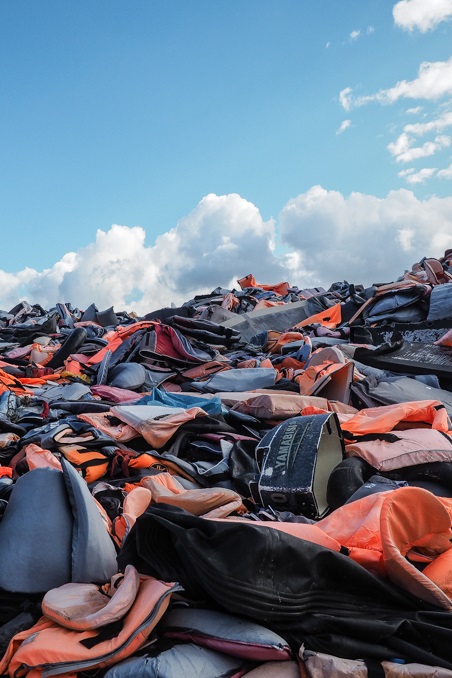
No more Morias? Notes from the field and the EU responses
The burning of Moria camp seemed like an exceptional tragedy. But this event and the EU response to it reflect a decades-long policy approach. As long as securitization remains the guiding principle of EU migration policy, the calls of Moria will remain unanswered.
Frontex: an overview
An article produced for the Migration Control project, providing a critical overview of the role, powers and activities of EU border agency Frontex, from 2004 to the present.
Albania: dealing with a new migration framework on the edge of the empire
In 2014, Albania was formally accepted as a candidate for membership to the EU. The country is aiming to approximate its domestic law with the EU legal 'acquis' within the next two years, prompting big changes in the country's immigration and asylum system - at least on paper. Currently, those systems cannot be said to meet fundamental rights or EU legal standards, but given conditions within the EU itself - notably in Greece - it remains to be seen whether this will be a barrier to Albania joining the bloc.
Atlantic Moria in the making in overcrowded Gran Canaria camp
The arrival of 15,000 people in the Canary Islands has led to what is by now the customary response from the EU and its member states: reinforce control measures, step up deportations and accommodate people in unsuitable and unsanitary conditions. It seems that little has been learned from the humanitarian disasters in states such as Italy and Greece. Until the EU introduces humane migration policies and addresses the political economy underlying migration from countries such as Senegal, those disasters seem likely to be repeated.
EU military mission aids pull-backs to Libya, with no avenues for legal accountability
An EU military operation is assisting the Libyan Coast Guard in ‘pull-backs’ of people trying to cross the Mediterranean, by providing information on the location of boats in distress. Despite admitting that Libya is not a safe country in which to disembark people, the EU argues that it is acting according to international law. Legal experts say otherwise, but given the complex legal structure of EU security and defence missions, holding anyone accountable for this assistance with ‘pull-backs’ may prove difficult.
Viewpoint: The legal and illegal businesses of Fortress Europe
Border controls are big business - for the companies supplying the fences, technology and equipment used to put them in place, and for the smugglers who seek to circumvent them, argues Ana González-Paramo.
First analysis of the EU’s new asylum proposals
Professor Steve Peers (Law School, University of Essex) gives an overview of the proposals published as part of the EU's new Pact on Migration and Asylum.
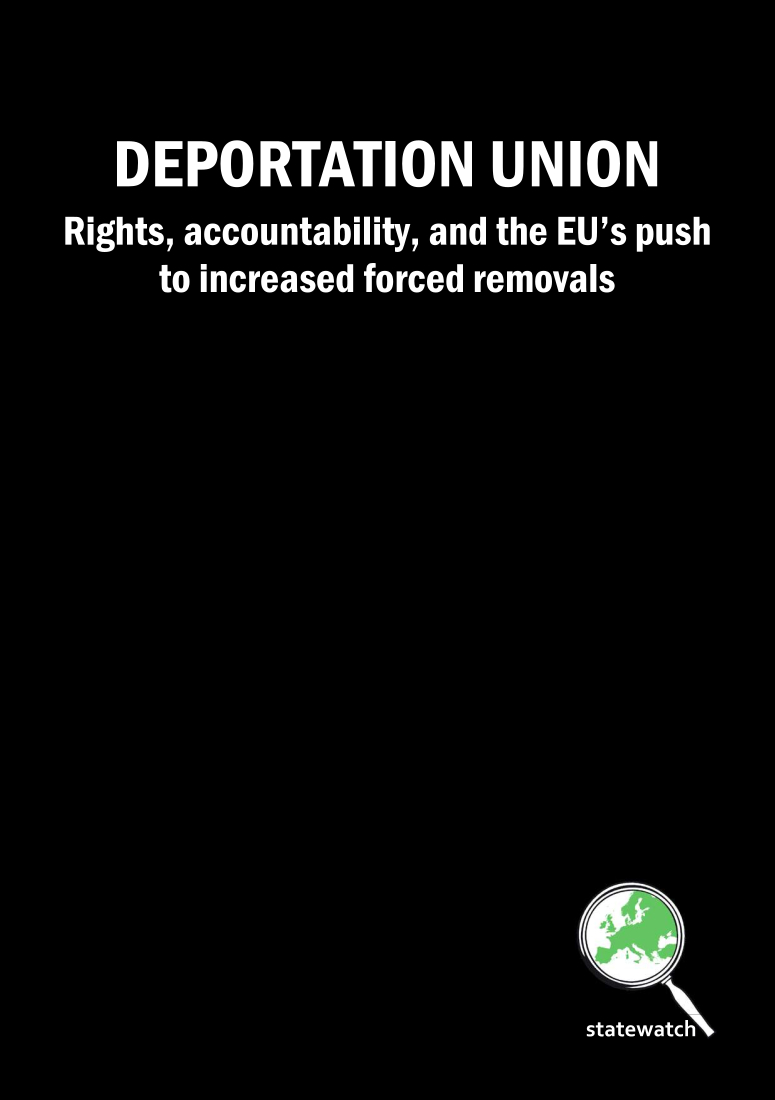
Deportation Union: Rights, accountability and the EU's push to increased forced removals
Deportation Union provides a critical examination of recently-introduced and forthcoming EU measures designed to increase the number of deportations carried out by national authorities and the European Border and Coast Guard Agency, Frontex. It focuses on three key areas: attempts to reduce or eliminate rights and protections in the law governing deportations; the expansion and interconnection of EU databases and information systems; and the increased budget, powers and personnel awarded to Frontex.
Viewpoint: COVID-19: from "smart" to "smarter" borders?
An article in Border Security Report, a magazine aimed at those from the public and private sectors working on border security, argues that the COVID-19 pandemic will accelerate the adoption of "smarter" borders and that three key technologies that will underpin the shift. Can ever-more intrusive data-gathering and processing provide a way out of lockdowns and quarantines? If it could, would it be desirable?
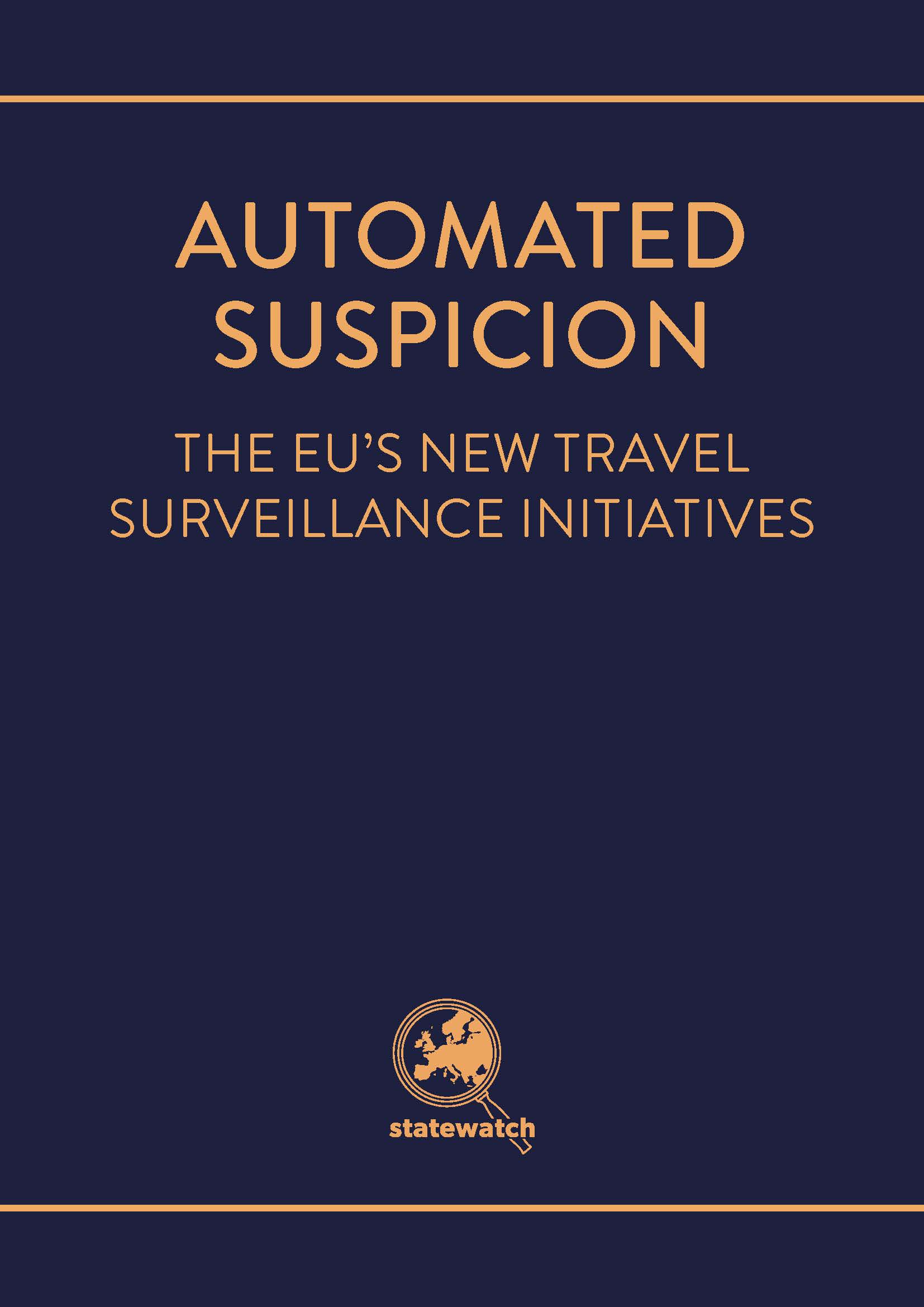
Automated suspicion: The EU's new travel surveillance initiatives
This report examines how the EU is using new technologies to screen, profile and risk-assess travellers to the Schengen area, and the risks this poses to civil liberties and fundamental rights. By developing ‘interoperable’ biometric databases, introducing untested profiling tools, and using new ‘pre-crime’ watchlists, people visiting the EU from all over the world are being placed under a veil of suspicion in the name of enhancing security.
Spotted an error? If you've spotted a problem with this page, just click once to let us know.